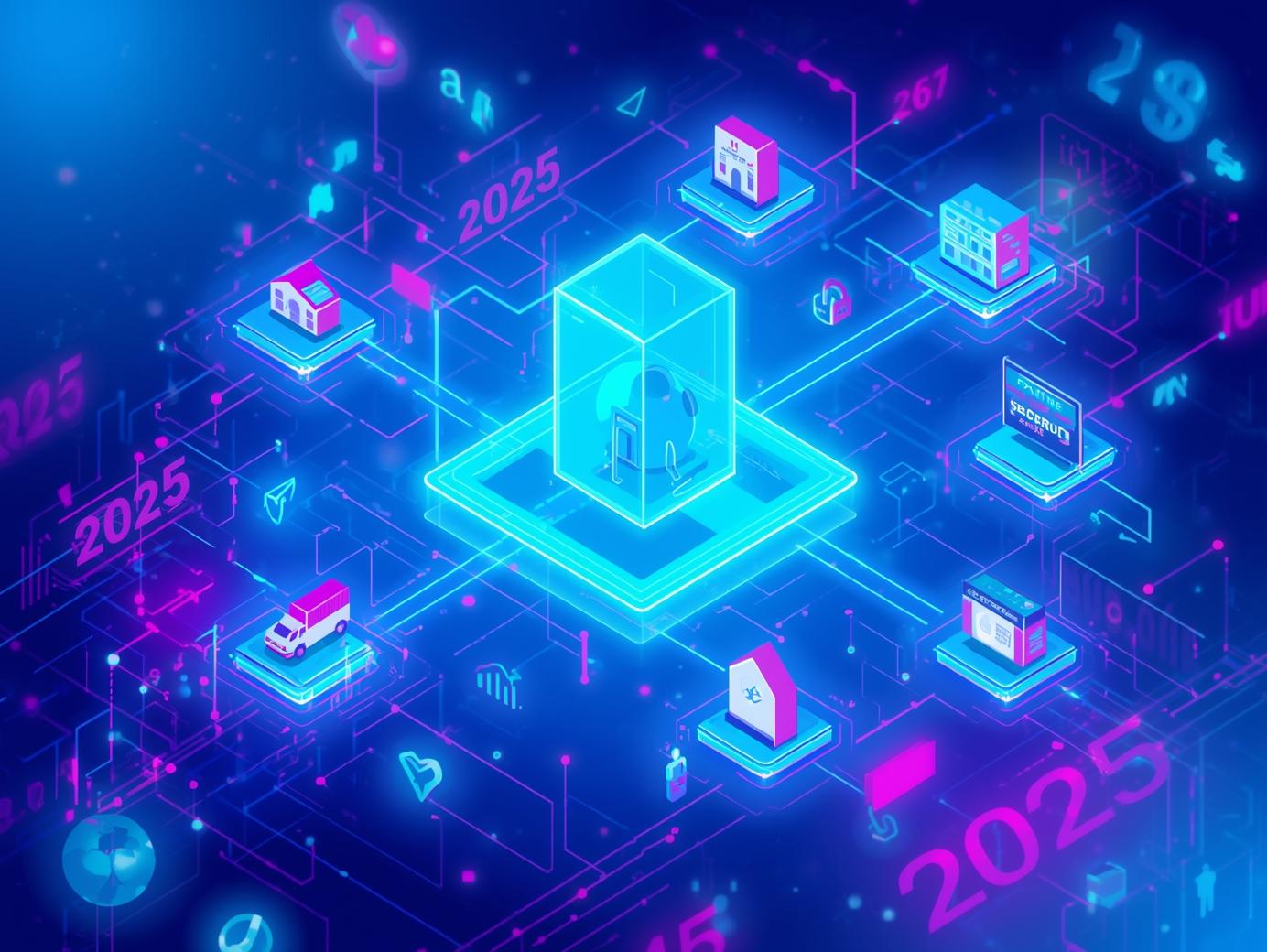Blockchain Beyond Crypto is more than just a buzzword — it’s a technological revolution reshaping the modern world. When people think of blockchain, they often imagine Bitcoin or digital currencies. But in 2025, blockchain technology extends far beyond cryptocurrency, powering innovation in industries like healthcare, supply chain, voting systems, and data privacy.
Let’s explore how Blockchain Beyond Crypto is transforming real-world industries and creating a more secure digital future.
What Is Blockchain Technology?
At its core, blockchain is a decentralized digital ledger that records transactions across multiple computers. Each transaction (or “block”) is securely linked to the previous one, forming a continuous and tamper-proof chain.
This distributed structure makes it nearly impossible to alter data without consensus, ensuring trust, transparency, and security. That’s why Blockchain Beyond Crypto is now being adopted in sectors that rely on reliable, verifiable data.
Blockchain in Supply Chain Management
In complex global supply chains, tracking products from manufacturer to consumer can be challenging. Blockchain Beyond Crypto offers end-to-end transparency, enabling businesses to trace every step in real time.
✅ Example: IBM and Maersk’s TradeLens platform uses blockchain to track international shipments. It reduces fraud, eliminates paperwork delays, and ensures data accuracy at every stage of delivery.
This not only builds trust among suppliers and customers but also helps detect counterfeit products — a growing problem in industries like pharmaceuticals and electronics.
Blockchain in Healthcare
Healthcare is one of the most promising areas for Blockchain Beyond Crypto. Medical data is sensitive and often stored across disconnected systems, making it hard to access securely.
Blockchain can store patient records in an encrypted, unified ledger. Hospitals and doctors can access this data safely while maintaining strict privacy standards.
✅ Example: A patient’s blockchain-based health ID could allow any authorized clinic to view their complete medical history instantly, without risking data leaks.
This transparency improves patient care, reduces administrative costs, and prevents data misuse.
Blockchain in Voting Systems
Trust in elections is critical for democracy, and Blockchain Beyond Crypto can make voting systems more transparent and tamper-proof.
Each vote recorded on the blockchain becomes a verified digital entry that cannot be modified or deleted. This reduces voter fraud and increases confidence in election results.
Countries like Estonia and Japan are testing blockchain-based e-voting platforms to simplify participation and strengthen public trust.
Blockchain in Digital Identity and Data Privacy
Centralized data systems are frequent targets for hackers. Blockchain Beyond Crypto gives users control of their own digital identity, allowing them to decide who can access their personal information and for how long.
✅ Example: Platforms such as Worldcoin and SelfKey are using blockchain for decentralized identity verification. This approach strengthens data privacy and helps users protect their online presence.
The Future of Blockchain Beyond Crypto
In 2025, the evolution of Blockchain Beyond Crypto is closely tied to Web3 — the next generation of the internet. Web3 uses blockchain to create a decentralized online ecosystem where users, not corporations, control their data and assets.
From decentralized finance (DeFi) and smart contracts to metaverse economies, blockchain will power the backbone of digital ownership and innovation.
This shift will lead to a world where transparency, security, and data integrity are standard — not optional.
Conclusion
Blockchain Beyond Crypto is no longer limited to digital currency. It’s transforming how industries manage trust, data, and transparency. From tracking shipments to securing medical data, blockchain is building the foundation for a smarter and safer world.
As adoption grows in 2025 and beyond, Blockchain Beyond Crypto will continue to revolutionize the way we exchange information and establish trust in the digital age.
